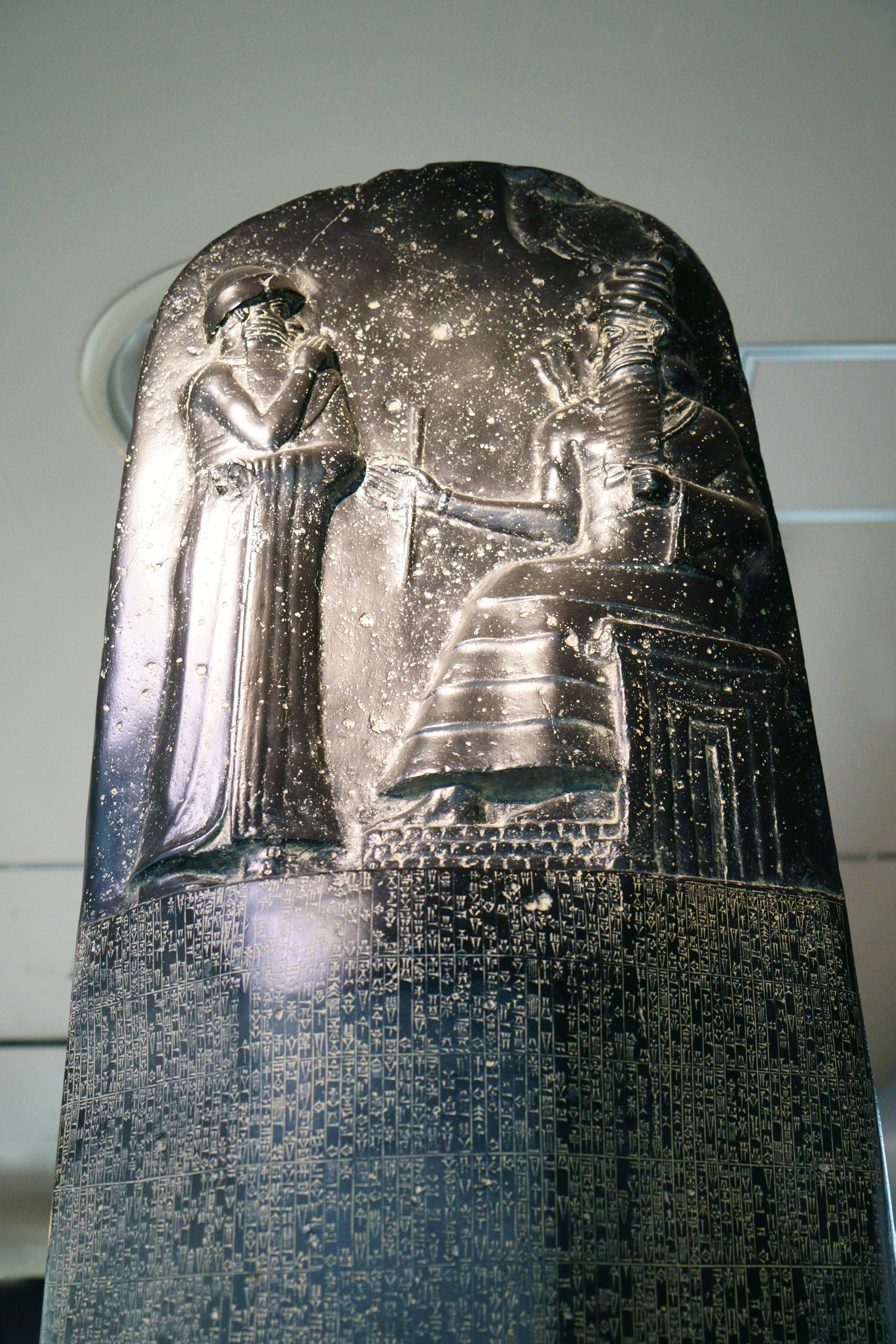Chapter 220
The Code of Hammurabi, the world’s oldest written law established by King Hammurabi of Babylon in ancient Mesopotamia in the 18th century BC, is known for the principle of retributive justice expressed as “an eye for an eye, a tooth for a tooth.” Modern legal systems in advanced nations are essentially developed forms of this code, but they do not recognize revenge. The meaning of “an eye for an eye” was that if someone injured another person’s “eye,” they were to atone by sacrificing their own “eye”—no more, no less. In other words, the principle emphasized fair judgment.Even today, in places like Ukraine, Gaza, and Palestine, the cycle of revenge has not ceased, and it pains me to see countless innocent civilians lose their lives on a daily basis. The United Nations was established in 1945, learning from the tragic lessons of the two World Wars, with the aim of maintaining international peace and security and promoting friendly relations among nations. However, when a permanent member of the Security Council exercises its veto, nothing can be done. Moreover, the UN itself does not have its own military force; what is called the UN forces are, in reality, troops dispatched from member states. For the dispatched soldiers, morale is low in conflicts that do not serve their own national interests. In fact, there has only been one case in history when UN forces were mobilized in a true military sense: the Korean War in 1950, five years after the UN’s founding. When North Korea invaded South Korea, soldiers from 16 countries, led primarily by the United States, joined the fight. Although it was believed that the war would end swiftly with overwhelming military power, the entry of Chinese volunteer forces led to a stalemate near the 38th parallel—the pre-war border—resulting in an armistice. To this day, the two Koreas remain in a state of conflict, which also provides justification for the continued presence of U.S. forces in South Korea. If North Korea were to invade again in the future, it is unlikely that the UN would authorize military intervention. In short, the UN has become a toothless institution. Even short of full-scale invasions, UN peacekeeping operations (PKOs) were dispatched to crises such as the Congo turmoil of the 1960s, the Somali civil war in 1993, and the Kosovo conflict in 1998. Yet in many cases, large numbers of dispatched soldiers were killed, and the missions ended in failure. Being a film enthusiast, I was deeply shocked when I saw Ridley Scott’s 2001 documentary-style film Black Hawk Down in theaters. The film vividly and faithfully depicted the tragedy of American soldiers who, after attempting to rescue captured comrades in Mogadishu using Black Hawk helicopters, were cornered in urban combat against guerrillas and nearly wiped out.
In the end, even if the UN authorizes military intervention or dispatches peacekeeping forces, the likelihood of truly ending conflicts remains slim. Eighty years have passed since the founding of the UN, and the time has come to hold fundamental discussions about what is truly necessary to realize world peace. A Buddha without a soul is meaningless. Likewise, revenge must not be permitted in war. In modern criminal law, no matter the circumstances, striking back after being struck constitutes the crime of assault. The same kind of order may be necessary in war: a legal framework that prohibits retaliatory counterattacks.
As a prerequisite, we need to build a peaceful international order that does not recognize territories seized by aggressors and that demands accountability for human and material reparations from the aggressor state. After all, borders are nothing more than lines drawn on a map. So why not think of a way to treat invading foreign troops simply as illegal entrants who must be expelled? What could possibly be more important than human life? Which is more precious: a border line or human lives? If we fire guns simply because someone crossed a border, it becomes war. But what if we simply ignored it? Perhaps this sounds overly optimistic—but should it not be considered?
September 2, 2025
What Is Needed to End the Cycle of Revenge
p.s. Translated by Chat GPT



